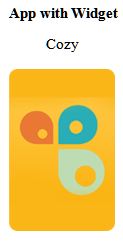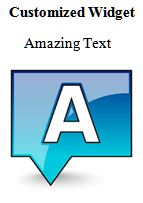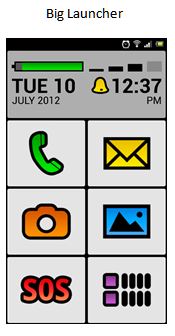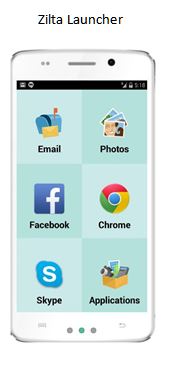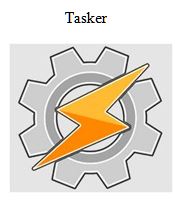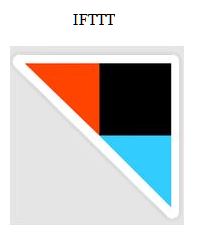 Easier isn’t always the best choice in life. When we are talking about technology, and particularly the use of technology, easier is definitely the best choice. Mobile devices can be particularly useful for individuals that have a brain injury, learning disability, or someone learning a new device. The following ideas are provided to get you started in thinking how an android device could work better for yourself or someone you care for by modifying settings or using an application. Don’t forget to share ideas or pictures you have used to simplify an android device.
Easier isn’t always the best choice in life. When we are talking about technology, and particularly the use of technology, easier is definitely the best choice. Mobile devices can be particularly useful for individuals that have a brain injury, learning disability, or someone learning a new device. The following ideas are provided to get you started in thinking how an android device could work better for yourself or someone you care for by modifying settings or using an application. Don’t forget to share ideas or pictures you have used to simplify an android device.
Lock Screen Bypass
One area that may provide difficulty is getting past the lock screen of a device. If you find this to be difficult for an individual there are apps to bypass this function of an android device. This can also be turned off within the main settings, then lock screen settings of the device.
Widgets
Widgets are an extension of an app to provide information to the user without having to specifically launch the application. The benefit of a widget is having customized information at a glance. For a user with a brain injury this can greatly simplify the use of a device. Widgets come in a variety of shapes and sizes. The variety can come in the form of a widget provided by the app developer, applications that are a suite of widgets to work with device functions, or applications that can be customized to make your own widgets.
(Click on the logos for more information)
Launchers
A launcher is similar to a widget but it will customize the entire home screen and other app pages. A launcher can be an easier way to customize a device because of the presets available. Customization can sometimes take place within a launcher as well to define what features you want, e.g. calendar, frequently used phone and text contacts, alarms.
Automation Apps
An app in this category provides the end user with information based on defined tasks or recipes. The use of and app like this can be easy or complicated depending on the task to be performed. Examples are:
- an alert to the user when rain is predicted for the day
- a text message when a user is no longer connected to a wifi signal, potentially helping a caregiver with a wandering child or parent
- read aloud email and text messages as they arrive or calendar events when an action is needed

